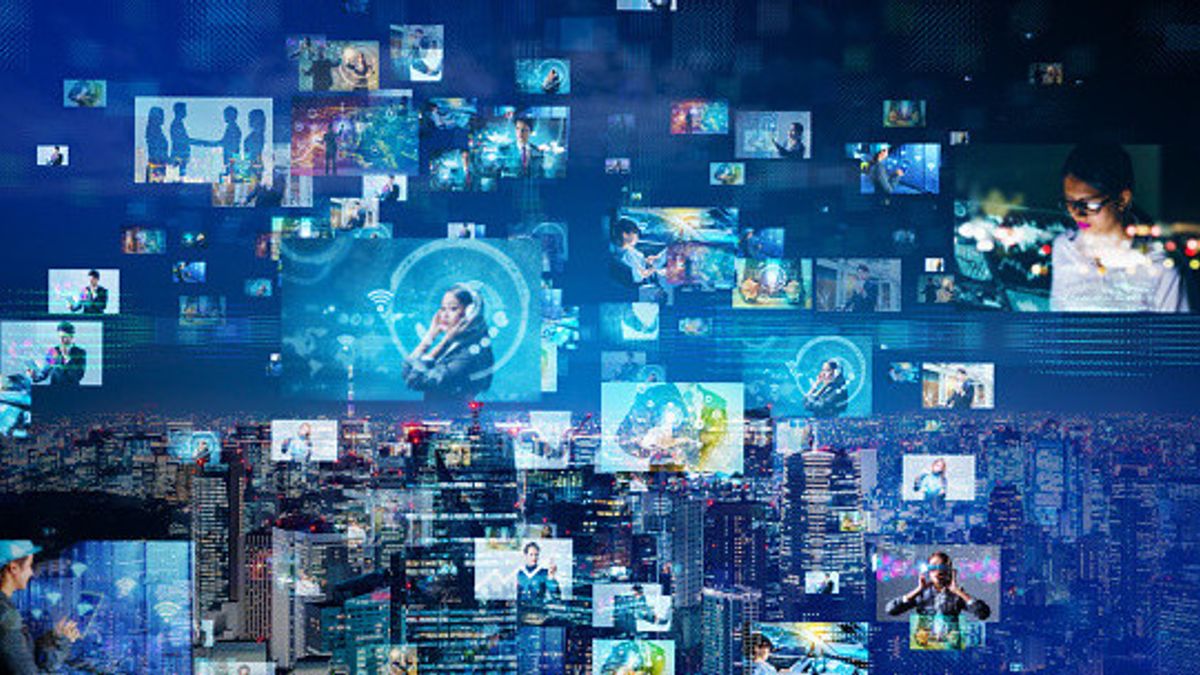Artificial Intelligence (AI) is growing and facilitating human life. One of AI's capabilities is to create videos from writing quickly and easily.
Although it is very helpful for humans in creating their work, the question of copyrighting for AI's videos is quite complex and is still the subject of debate among law experts and creative industries.
Currently, there is no law specifically regulating copyright and AI, so the copyright problem in AI's works is still ambiguous.
However, in general, copyright is usually given to creators, namely people or groups that significantly contribute to the creation of works. In terms of video creation using AI, the creator can refer to the party who created the AI program as the creator, or to the person who provided the data and instructions used by the AI program as the creator.
However, if the AI program is created by a company or organization, then the video copyright made by AI tends to be owned by the company or organization.
As users of AI programs, we will usually only have limited usage rights on the video, depending on usage requirements that have been determined by copyright owners.
This becomes even more complicated when the AI program is able to produce highly original and creative works, which are difficult to associate with one or more people as "workmakers".
In this situation, there may need to be a change in copyright law to recognize the works produced by AI and provide appropriate copyright.
In this case, it is very important for AI program creators or users to understand copyright and usage requirements that apply to AI-made videos, as well as ensure that they comply with applicable copyright and usage rules.
Lumen5 is the world's most popular video-making platform with AI technology. Launched in 2017, Lumen5 has more than 1.5 million users and is used in more than 120 countries. Lumen5 can be used for free with basic features, but for premium features it has to pay monthly or annual subscription fees. Lumen5 is based in Canada.
Animoto is a video creation platform from the post that has been around since 2006 and has more than 25 million users. Animoto uses AI technology to create videos from uploaded photos and videos as well as music selected by users. Animoto can be used for free with basic features, but for premium features it has to pay monthly or annual subscription fees. Animoto is based in the United States.
Biteable is a video creation platform from writing that uses AI technology to quickly and easily create videos. Launched in 2014, Biteable has more than 6 million users and is used in more than 200 countries. Bitables can be used for free with basic features, but for premium features it has to pay monthly or annual subscription fees. Biteables based in Australia.
InVideo is a video creation platform from writing that uses AI technology and has more than 8000 video templates. Launched in 2017, InVideo has more than 800,000 users and is used in more than 150 countries. InVideo can be used for free with basic features, but for premium features it has to pay monthly or annual subscription fees. India-based InVideo.
Renderforest is a video creation platform from writing that uses AI technology and has more than 12,000 video templates. Launched in 2013, Renderforest has more than 7 million users and is used in more than 190 countries. Renderforest can be used for free with basic features, but for premium features it has to pay monthly or annual subscription fees. Renderforest is based in Armenia.
The conclusion of Artificial Intelligence is growing and increasingly being used in various fields, one of which is in making videos from writing. The five platforms above are some of the most popular and widely used platforms in the world. Although most of them have costs for premium features, the basic features can be used for free. The more AI technology develops, the easier it is for humans to make videos quickly and easily.
The English, Chinese, Japanese, Arabic, and French versions are automatically generated by the AI. So there may still be inaccuracies in translating, please always see Indonesian as our main language. (system supported by DigitalSiber.id)









